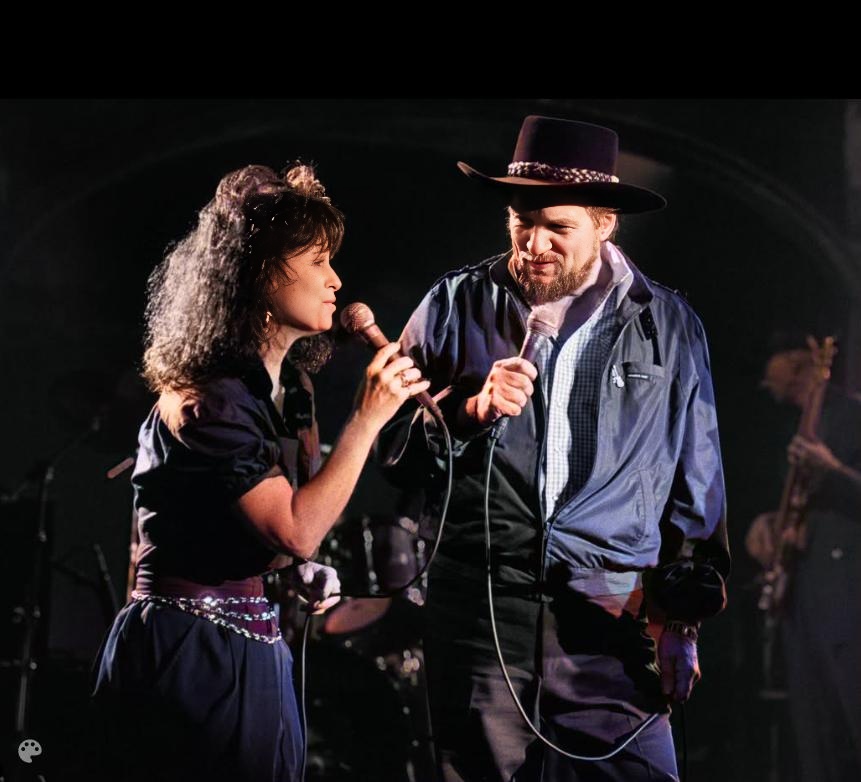
Waylon Jennings, a quintessential figure in the outlaw country movement, carved a unique space in American music history with his rebellious spirit and distinctive sound. Born in Littlefield, Texas, Jennings defied Nashville’s polished, formulaic approach, embracing a raw, honest, and often defiant style that resonated with a generation seeking authenticity. Throughout his career, Jennings charted numerous hits, including “Luckenbach, Texas (Back to the Basics of Love),” “Good Ol’ Boys” (the theme from “The Dukes of Hazzard”), and “Mammas Don’t Let Your Babies Grow Up to Be Cowboys.” He won numerous awards, including multiple Grammy Awards and Country Music Association Awards, solidifying his position as a country music icon.
“Lonesome, On’ry and Mean,” originally released in 1973, is a defining track in Jennings’ repertoire and epitomizes his outlaw image. The song is an unapologetic declaration of independence and self-reliance. It explores the theme of being misunderstood and embracing one’s individuality, even if that means being perceived as difficult or antisocial. It’s a song about owning your flaws and finding strength in being different. The lyrics paint a picture of a man who values his freedom above all else and refuses to conform to societal expectations.
The live version recorded in Texas in 1975 adds another layer of depth to the song. The raw energy of a live performance, particularly in front of a Texas audience that clearly connects with Jennings’ outlaw ethos, amplifies the song’s rebellious spirit. Audience feedback, evident in the roaring applause and cheers, confirms the song’s powerful connection with listeners who appreciated Jennings’ authentic portrayal of life on the fringes. The combination of his powerful vocals, the band’s gritty instrumentation, and the palpable audience enthusiasm makes this live version a standout.